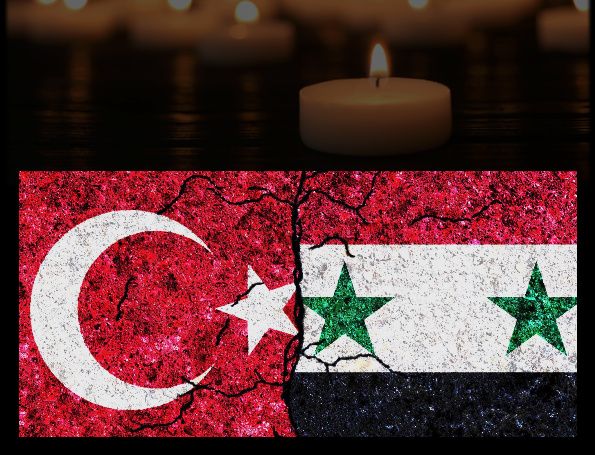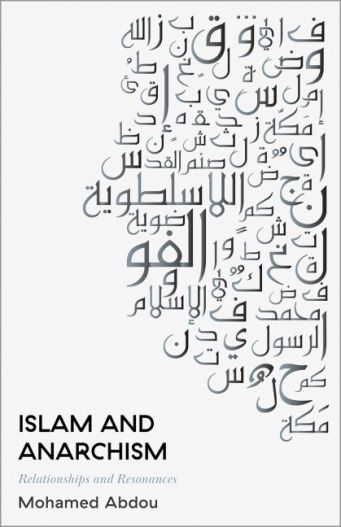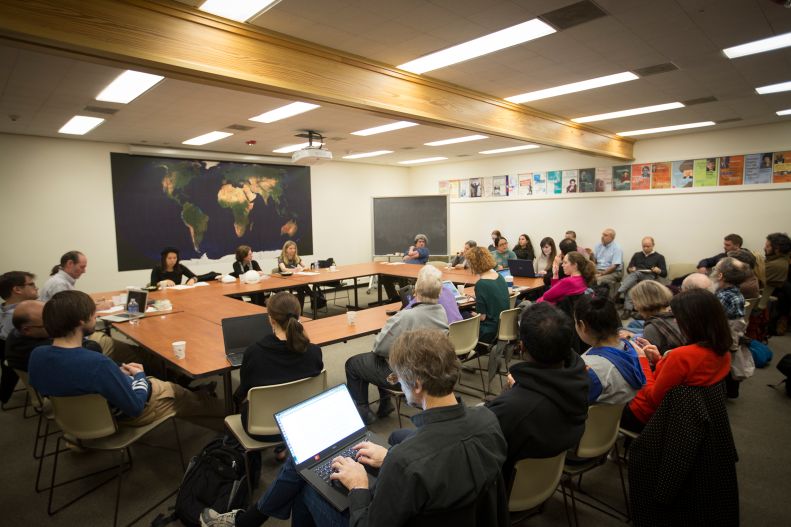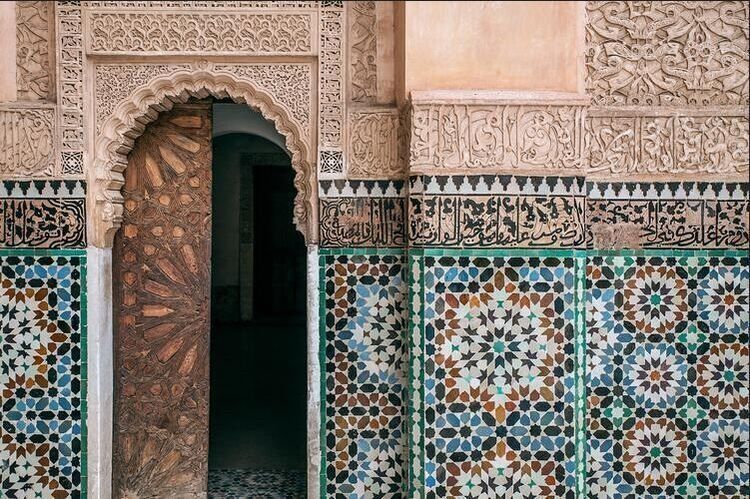Critical Ottoman and Post-Ottoman Studies
Vigil for the Victims of the Turkish and Syrian Earthquakes

February 20, 2023
12:00 pm
Ho Plaza
The Turkish Student Association invites you to join a vigil to memorialize the earthquake's victims will be held on Monday, Feb. 20, starting at noon on Ho Plaza.
After gathering in front of the Cornell Store, we will walk together to Ezra Cornell's statue on the Arts Quad for reflections shared by community members.
You are welcome to leave flowers and notes to honor the victims of the deadly earthquakes.
Additional Information
Program
Mario Einaudi Center for International Studies
Crisis in Turkey and Syria

How You Can Help
Ways to support those affected by the earthquake's devastation.
Additional Information
Losing Istanbul

New Book from CO+POS Director
Mostafa Minawi's book describes how members of the Arab-Ottoman community of Istanbul experienced the final decades of the ailing Ottoman Empire.
Additional Information
Topic
- Critical Ottoman and Post-Ottoman Studies
Program
Faculty Seed Grants

Open now! Apply by March 1
Einaudi’s seed grants support the work of internationally engaged Cornell faculty, including research and events. Apply today!
Additional Information
Topic
- Democratic Threats and Resilience
- Inequalities, Identities, and Justice
- Migrations
- Critical Ottoman and Post-Ottoman Studies
Program
Islam and Anarchism: Relationships and Resonances | Einaudi Center “Author Meets Critics”

February 22, 2023
5:00 pm
Uris Hall, G-08
Discourse around Muslims and Islam all too often lapses into a false dichotomy of Orientalist and fundamentalist tropes. A popular reimagining of Islam is urgently needed. Yet it is a perhaps unexpected political philosophical tradition that has the most to offer in this pursuit: anarchism. To better understand this topic, the Mario Einaudi Center for International Studies has assembled a panel discussion of Dr. Mohamed Abdou’s book, Islam and Anarchism: Relationships and Resonances (Pluto Press, 2022).
Islam and Anarchism is a highly original and interdisciplinary work, which simultaneously disrupts two commonly held beliefs—that Islam is necessarily authoritarian and capitalist; and that anarchism is necessarily anti-religious and anti-spiritual. Deeply rooted in key Islamic concepts and textual sources, and drawing on radical Indigenous, Islamic anarchistic and social movement discourses, Abdou proposes “Anarcha-Islam.”
Constructing a decolonial, non-authoritarian and non-capitalist Islamic anarchism, Islam and Anarchism philosophically and theologically challenges the classist, sexist, racist, ageist, queerphobic and ableist inequalities in both post- and neo-colonial societies like Egypt, and settler-colonial societies such as Canada and the USA.
Author of Islam and Anarchism:
Mohamed Abdou, Global Racial Justice Postdoctoral Fellow, Einaudi Center
“Author Meets Critics” Moderator and Discussants:
Edward E. Baptist (History) - ModeratorDurba Ghosh (History)Seema Golestaneh (Near Eastern Studies)Jolene Rickard (History of Art and Visual Studies)
About the Forum:
The “Author Meets Critics” forum stages scholarly conversations around the Einaudi Center’s research priority areas: Inequalities, Identities, and Justice and Democratic Threats and Resilience.
Additional Information
Program
Mario Einaudi Center for International Studies
Comparative Muslim Societies Program
International Cornell Curriculum Grants

Einaudi Faculty Receive Global Cornell Awards
Faculty projects add short-term international experiences to existing courses or create new courses in tandem with partners abroad.
Additional Information
Situation in UAE Increasingly Worrying for International LGBTQ Community

Mostafa Minawi, CO+POS/CMSP
There is a pattern emerging behind a “coordinated effort in the UAE, Saudi Arabia, Qatar, Lebanon and also Turkey, who are all about cracking down on the symbolism of any LGBTQ existence in public, such as the rainbow flag," says Mostafa Minwai, associate professor of history.
Additional Information
Topic
- Inequalities, Identities, and Justice
- Critical Ottoman and Post-Ottoman Studies
Program
With Nationalism Rising, Turkey Turns against Refugees It Once Welcomed

Mostafa Minawi, IES/CO+POS
Mostafa Minawi, associate professor of history, says that the current climate in Turkey “might be economic and political, but the tools are cultural identity.”
Additional Information
The Belitung Shipwreck: Connections to the Ancient and Modern Muslim World

October 18, 2022
4:30 pm
Morrill Hall, Room 404
Talk by Dr. Natali Pearson
In 1998, the Belitung, a ninth-century western Indian Ocean–style vessel, was discovered in Indonesian waters. Onboard was a full cargo load, likely intended for the Middle Eastern market, of over 60,000 Chinese Tang dynasty (619–907) ceramics, gold, and other precious objects. It is one of the most significant shipwreck discoveries of recent times, revealing the global scale of ancient commercial endeavors and the importance of the ocean to these trading networks. But this shipwreck also has a modern tale to tell, of how nation-states appropriate the remnants of the past for their own purposes, and of the international debates about who owns—and is responsible for—shared heritage. In this seminar, I focus on the Belitung’s connections to the Muslim world—as suggested by its origins, as evidenced by its extraordinary cargo, and as implied in its display—and reflect on the knowledge this wreck has brought to the surface.
** Co-sponsored with the Southeast Asia Program
Additional Information
Program
Mario Einaudi Center for International Studies
Comparative Muslim Societies Program
Southeast Asia Program
Constituting Afghanistan: Rediscovering Afghan Legal History between the Ottoman and British Empires

September 20, 2022
4:30 pm
Morrill Hall, Room 404
Talk by Faiz Ahmed
Just as a devastating humanitarian crisis, international isolation, and fraught governing regime mark the country’s present-day realities, recent years have witnessed a series of more optimistic anniversaries in Afghanistan’s modern history. As leading examples, 2019 marked the 100th anniversary of Afghanistan’s independence from the British Empire, and 2023 will mark the centennial of Afghanistan’s first written constitution. Commemorating the roots and legacies of Afghanistan’s independence and first national charter a century ago, Faiz Ahmed unearths a lost history behind the country’s emergence as a fiercely anti-colonial, constitutionally governed, and widely respected “Islamic nation-state” lodged between the late Ottoman Empire, Iran, and British India, the subject of his first book Afghanistan Rising. As the US and other global actors continue to debate the future of relations with and foreign involvement in this pivotal country, this lecture will explore what lessons we can learn from rediscovering Afghanistan’s own legal and constitutional history from Afghan and other perspectives of the region(s) it inhabits.
Additional Information
Program
Mario Einaudi Center for International Studies
Comparative Muslim Societies Program
South Asia Program
